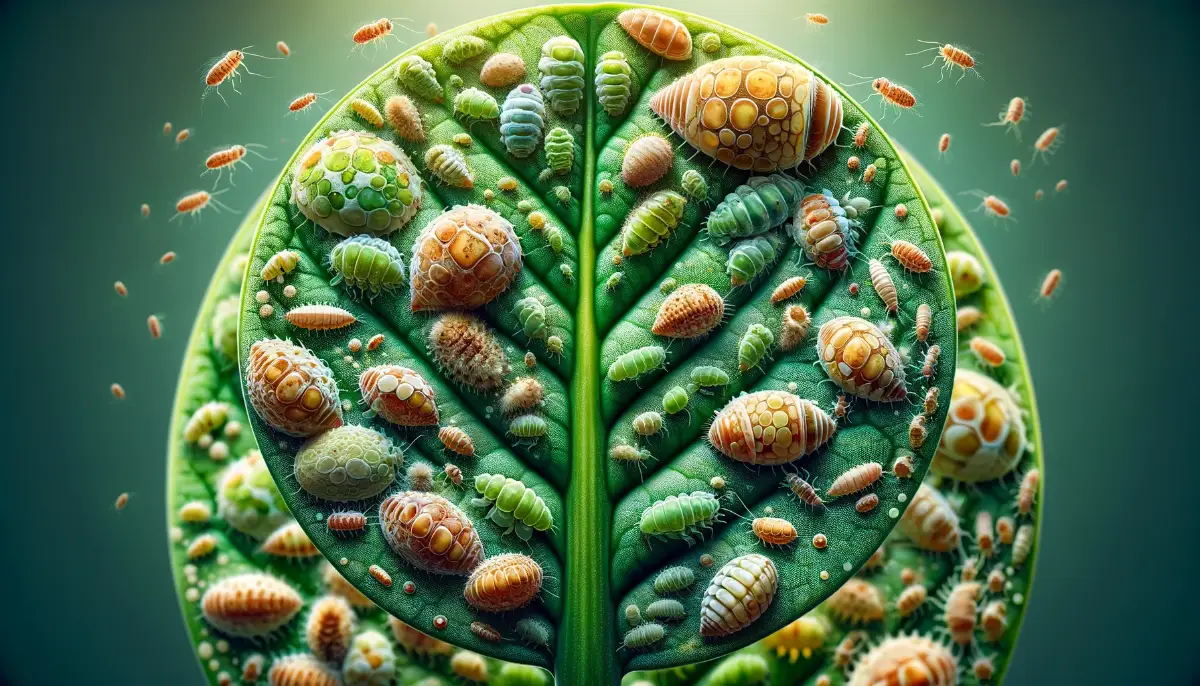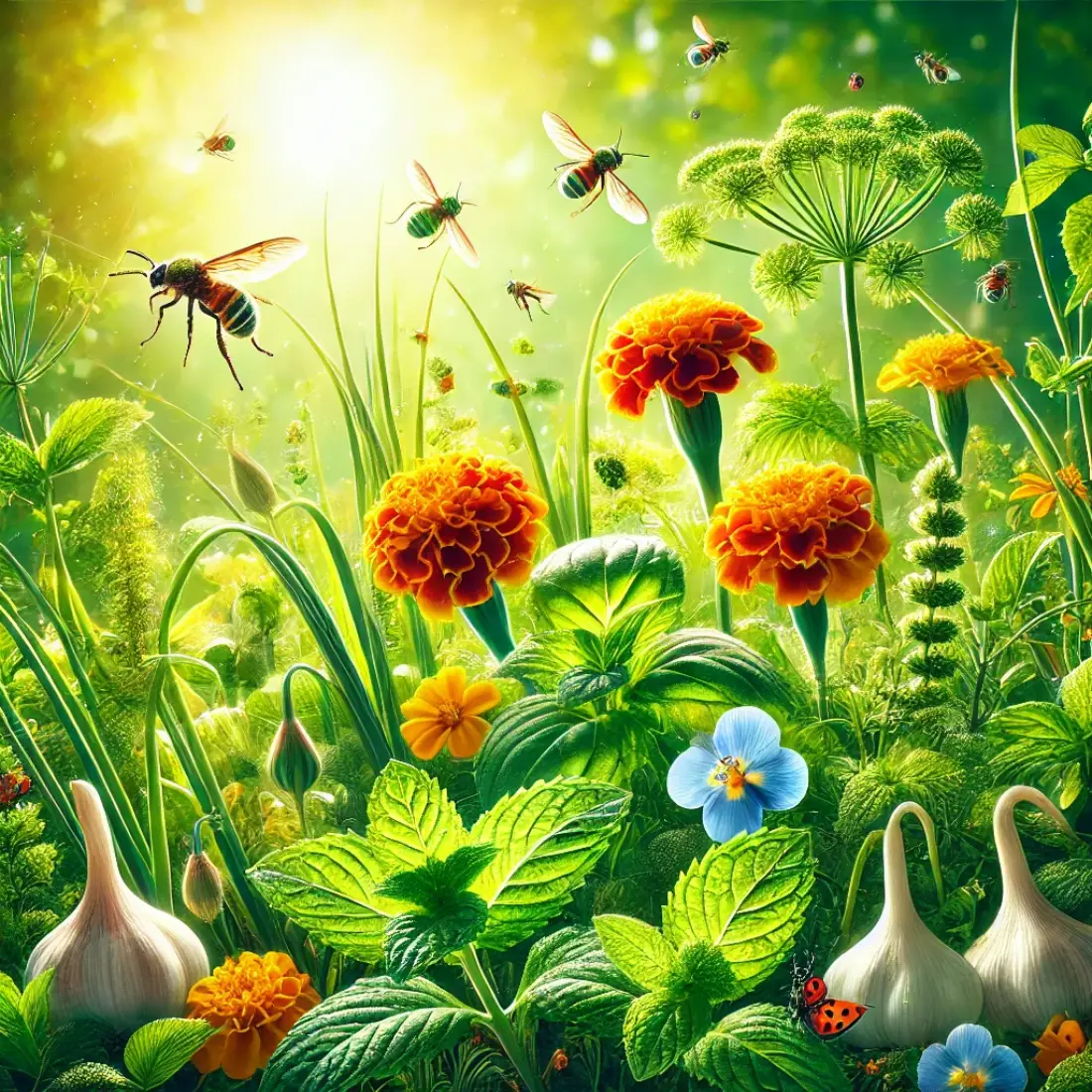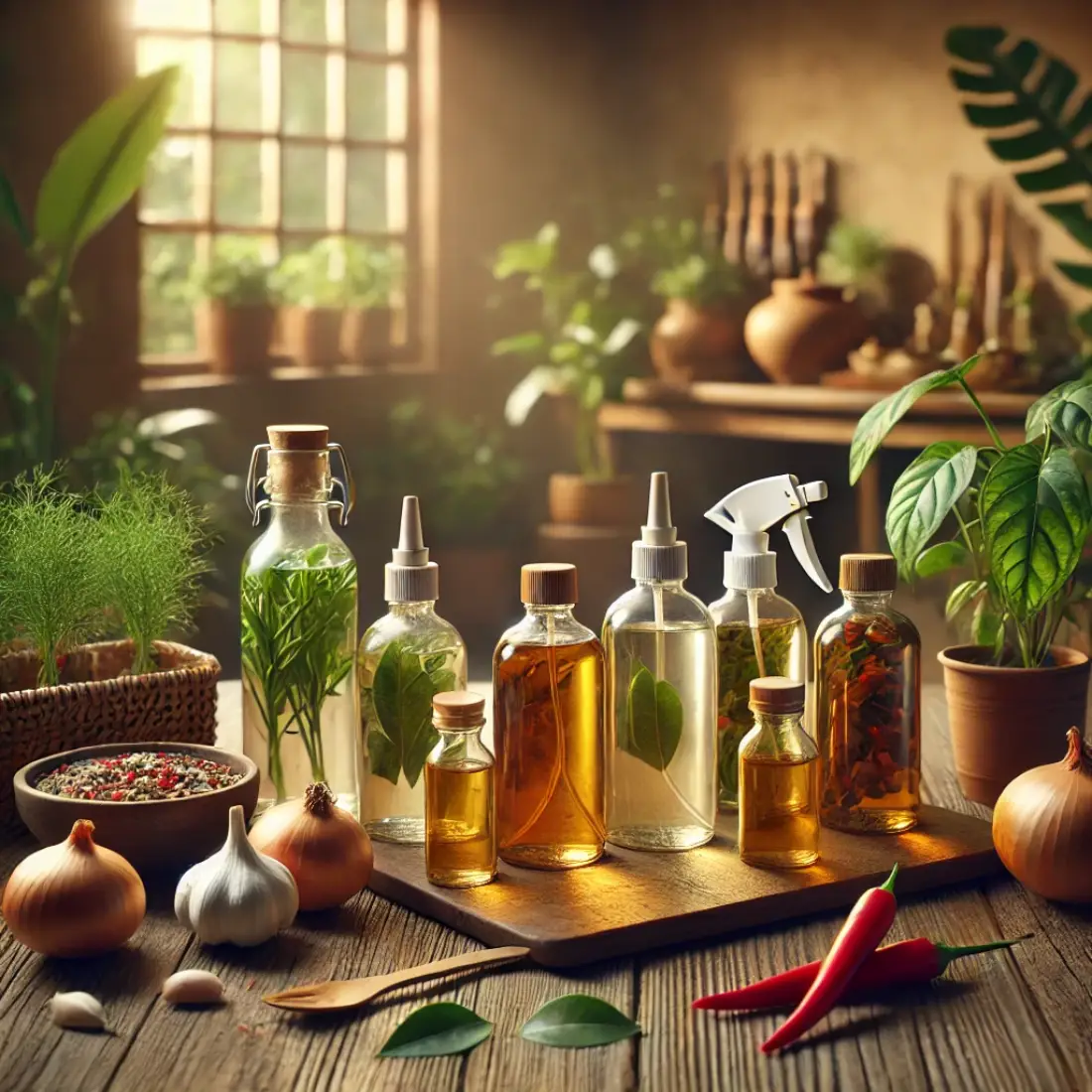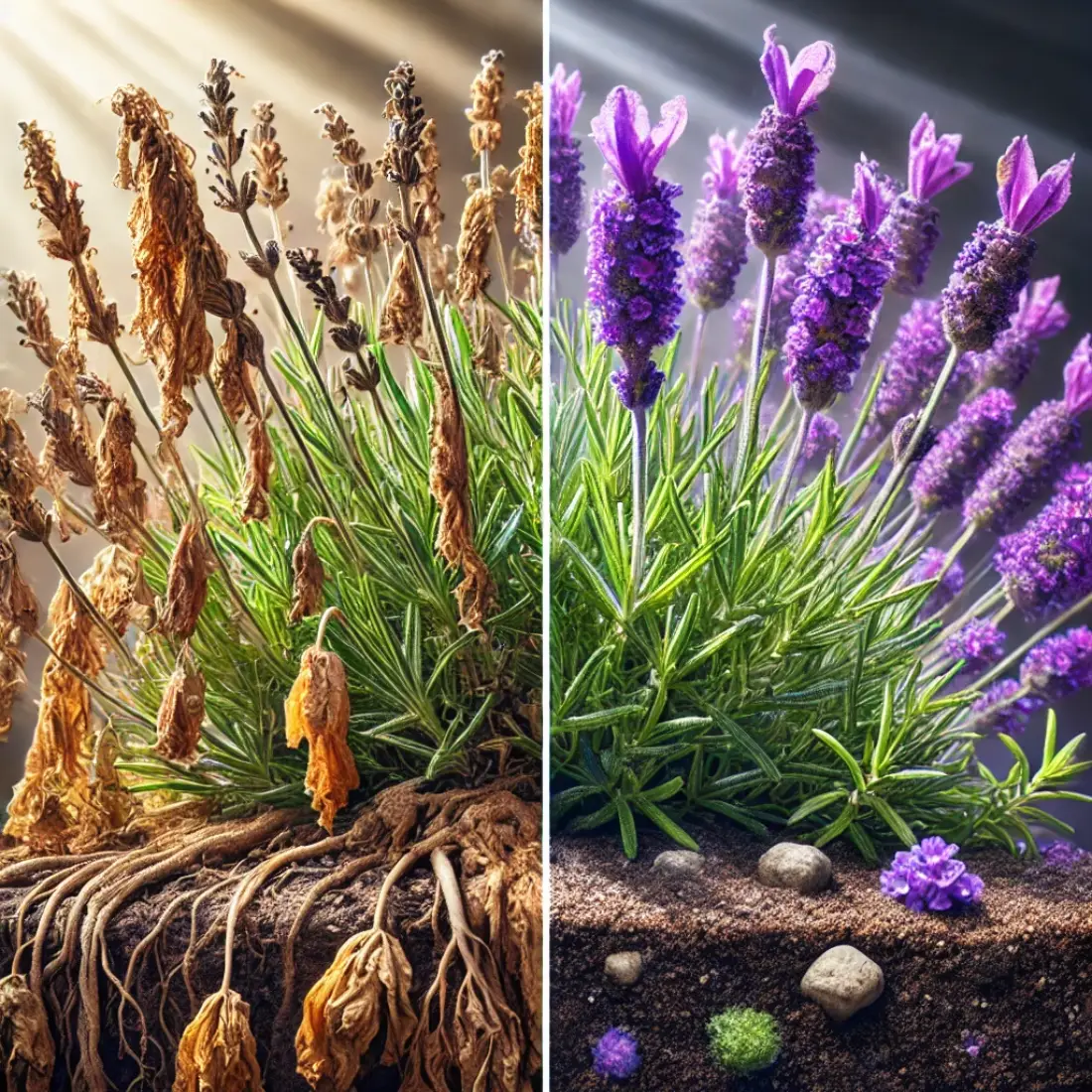Scale insects present a significant challenge to houseplant enthusiasts due to their harmful effects on plant health. There are primarily two categories of scale insects encountered on houseplants: soft and armored scales. Soft scales, which are more commonly found on indoor plants, have a lighter wax coating that darkens with age, turning mottled pale brown, yellow, orange, or gray.
Many resemble tortoise shells and, interestingly, female soft scales retain their legs, allowing them to move, although they rarely do. On the other hand, armored scales possess tougher protective coatings and are generally flatter than their soft counterparts. Most varieties of armored scale prefer outdoor environments, making them less common indoors.
Identifying Scale Infestations
Detecting scale insects involves looking for small, rounded bumps on plant stems or leaves. These pests are firmly attached to the plant but can be pried off with ease. A severe scale infestation may lead to symptoms such as leaf yellowing, wilting, and reduced plant vigor. In the worst-case scenario, an uncontrolled infestation can result in the plant’s death.
It’s crucial to regularly inspect your plants for these signs to manage and treat scale infestations effectively.
Immediate Actions Against Scale Insects
Quarantine
The first line of defense against scale insects is quarantine. Isolating the infected plant prevents the scale insects from spreading to other houseplants. It’s also important to clean the area where the infected plant was situated to remove all traces of the pests and their sticky honeydew.
Inspection and Cleaning
Physically removing the scale insects is a critical step in managing an infestation. This can be done using tools like a Q-tip, toothbrush, or tweezers to gently pry the insects off the plant. Following physical removal, treatments such as applying diluted neem oil or worm casting tea can help eradicate any remaining pests and protect the plant from future infestations.
Regular application and thorough cleaning are essential for successfully treating scale on houseplant.
Combatting Scale Insects on Houseplants with Organic Remedies
After understanding and identifying scale insects on your houseplants, the next step is to combat these pests using organic remedies. These methods not only help in controlling the infestation but also ensure the safety of your plants and indoor environment.
Organic Treatment Recipes
Neem Oil Solution: Neem oil is a natural pesticide that works effectively against scale insects by interfering with their life cycle. A simple recipe involves mixing 2 teaspoons of neem oil with 1 teaspoon of mild liquid soap (which acts as an emulsifier) in 1 quart of water.
Spray this mixture directly on the affected areas of the plant, ensuring to cover both the tops and undersides of the leaves.
Worm Casting Tea: Worm castings are rich in beneficial microbes and have natural pest-repellent properties. To make worm casting tea, soak half a cup of worm castings in a quart of water overnight.
The next day, strain the liquid and use it to spray the plant or wipe down the leaves with a soft cloth soaked in the tea. This not only helps in controlling scale but also nourishes the plant.
Rubbing Alcohol: For heavily infested areas, dabbing rubbing alcohol directly on the scale insects using a cotton swab can be effective. However, this should be done with caution to avoid damaging the plant. Test this on a small area first and use sparingly.
Soap Spray: A mild soap solution can help in suffocating the scale insects. Mix 1 tablespoon of liquid dish soap with 1 quart of water and spray it on the affected areas. This method is gentle on the plants but effective in removing soft-bodied pests like scale.
Preventing Scale Infestations
Prevention is always better than cure. To avoid scale insect infestations in the future:
- Regular Inspections: Check your plants regularly for early signs of scale or any other pests.
- Quarantine New Plants: Always quarantine new plants for a few weeks before introducing them to your plant collection.
- Maintain Plant Health: Healthy plants are less susceptible to pest infestations. Ensure your plants are receiving the right amount of light, water, and nutrients.
- Cleanliness: Keep the plant area clean and remove any fallen leaves or debris that could harbor pests.
By employing these organic remedies and preventive measures, you can effectively control scale insects on your houseplants and maintain a healthy indoor garden. Always monitor your plants after treatment and adjust your approach as necessary to ensure the best care for your plant companions.
FAQs: Scale Insects on Houseplants
What are scale insects?
Scale insects are small, parasitic bugs that feed on the sap of plants, weakening them. They can be found on the stems, leaves, and sometimes roots of houseplants, appearing as tiny, bumpy spots.
How do I identify a scale insect infestation?
Look for small, brown, or yellowish bumps on your plant’s leaves or stems. You might also notice sticky honeydew or sooty mold as a result of their feeding.
Are scale insects harmful to my houseplants?
Yes, they can be. Scale insects suck the sap from plants, leading to yellowed leaves, stunted growth, and in severe cases, death of the plant.
Can scale insects spread to other plants?
Absolutely. Scale insects can crawl to nearby plants or be transferred through contaminated tools or hands.
What natural remedies can I use against scale insects?
Neem oil, rubbing alcohol, and insecticidal soap are effective natural remedies. You can also physically remove them with a cotton swab dipped in rubbing alcohol.
How often should I treat my plants for scale insects?
Treatments should be repeated every 7-10 days until the infestation is fully controlled, as scale insects can have multiple life cycles overlapping.
Will pruning help control scale insects?
Yes, pruning heavily infested leaves or branches can help reduce the scale population and prevent spread.
Can I prevent scale insects from infesting my houseplants?
Prevent scale by regularly checking your plants for pests, keeping them healthy, and quarantining new plants before introducing them to your home.
Do scale insects only affect indoor plants?
No, scale insects can infest both indoor and outdoor plants, but the methods for managing them indoors are focused on less toxic, home-friendly treatments.
What should I do if natural remedies don’t work?
If natural remedies fail, consider using a systemic insecticide as a last resort. Always follow the product’s instructions and try to choose an eco-friendly option if possible.









